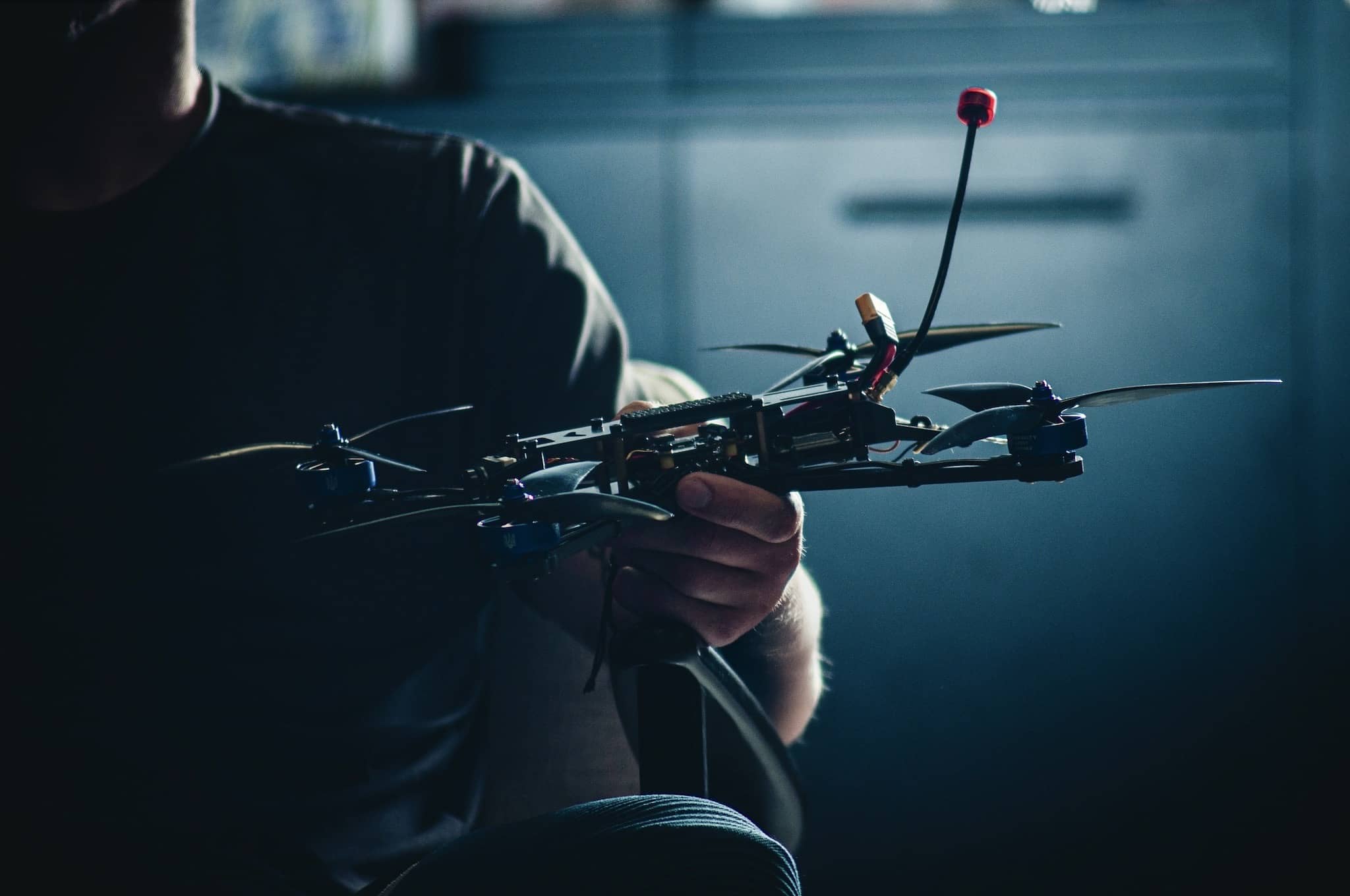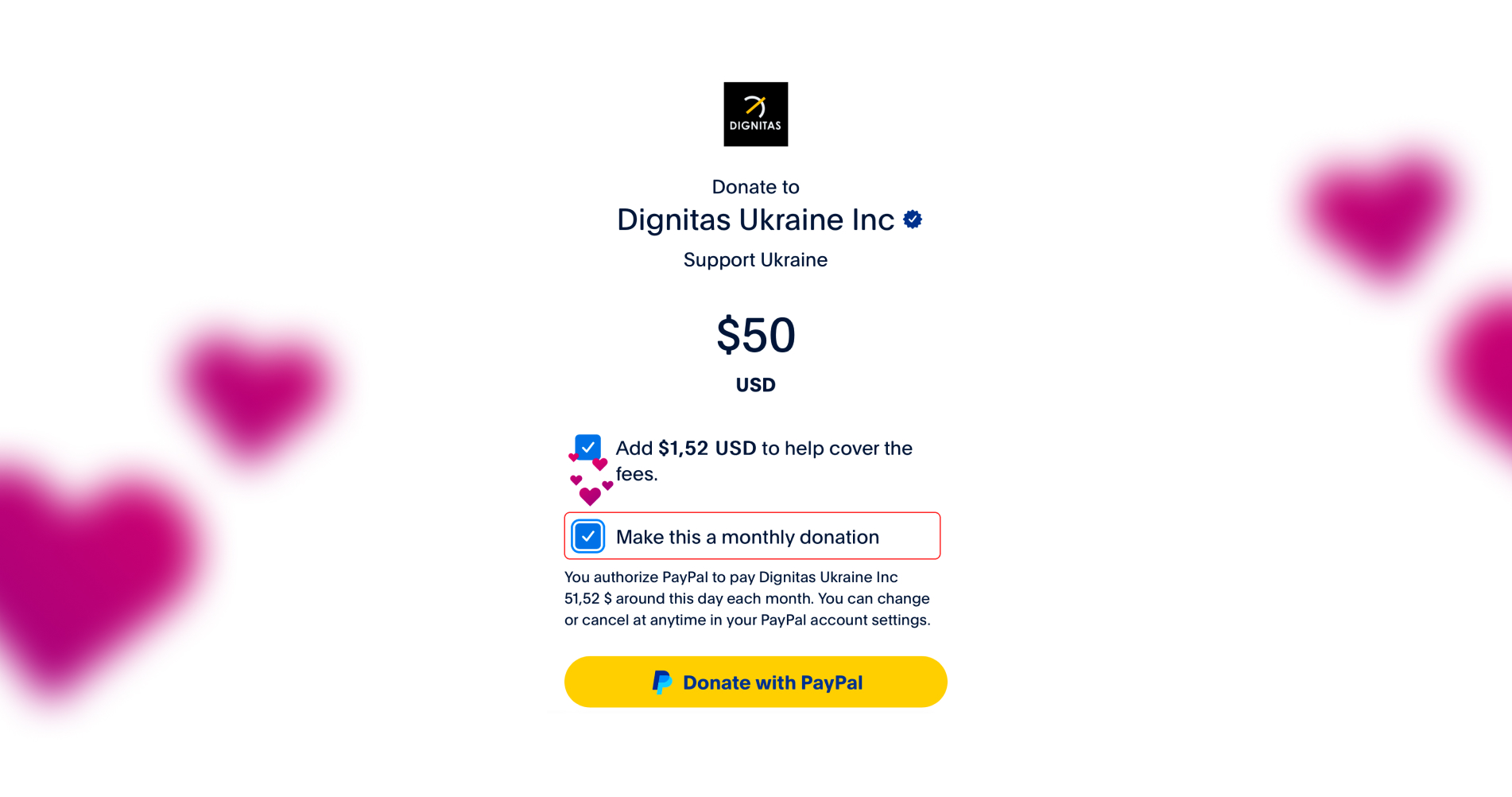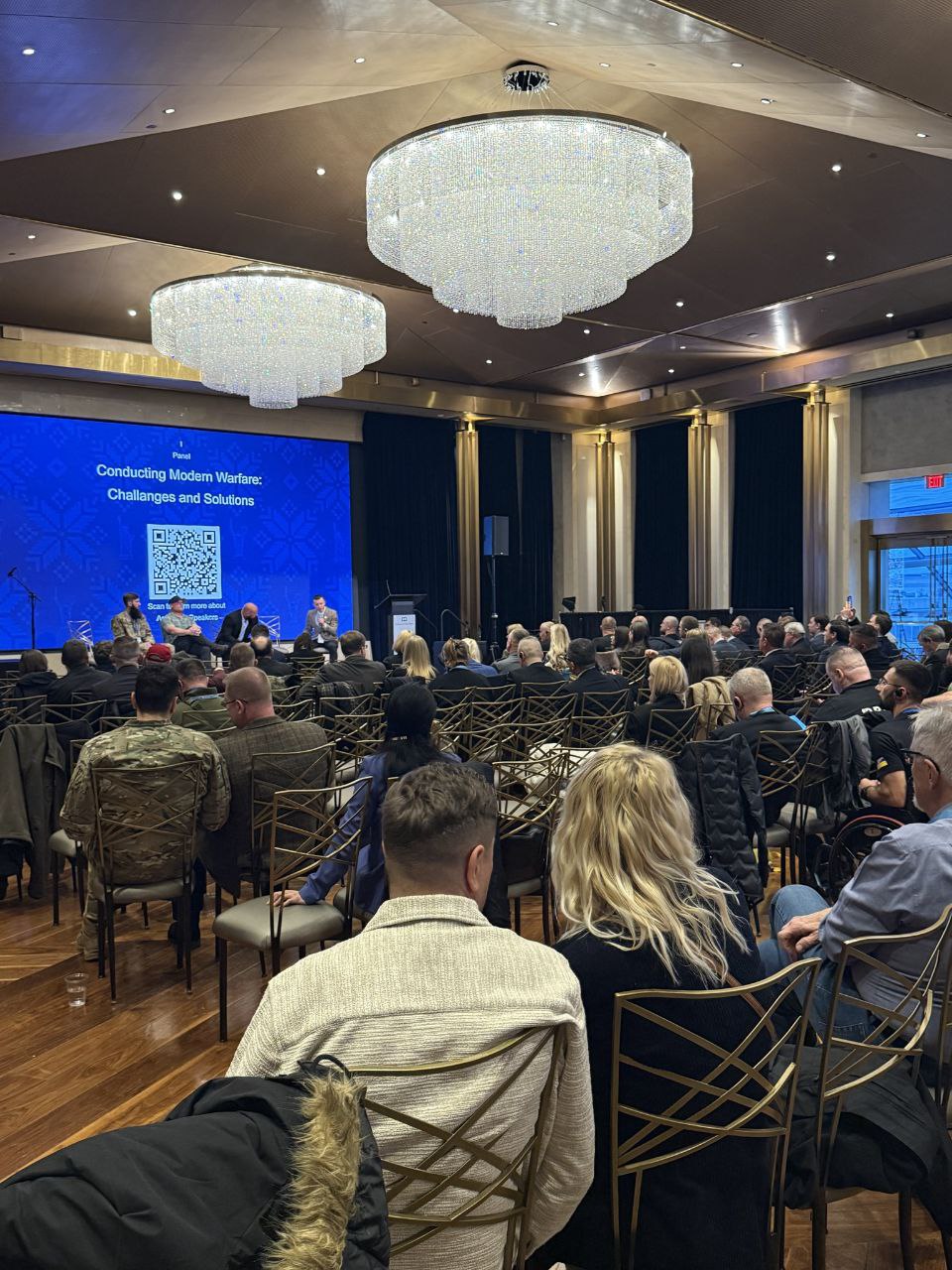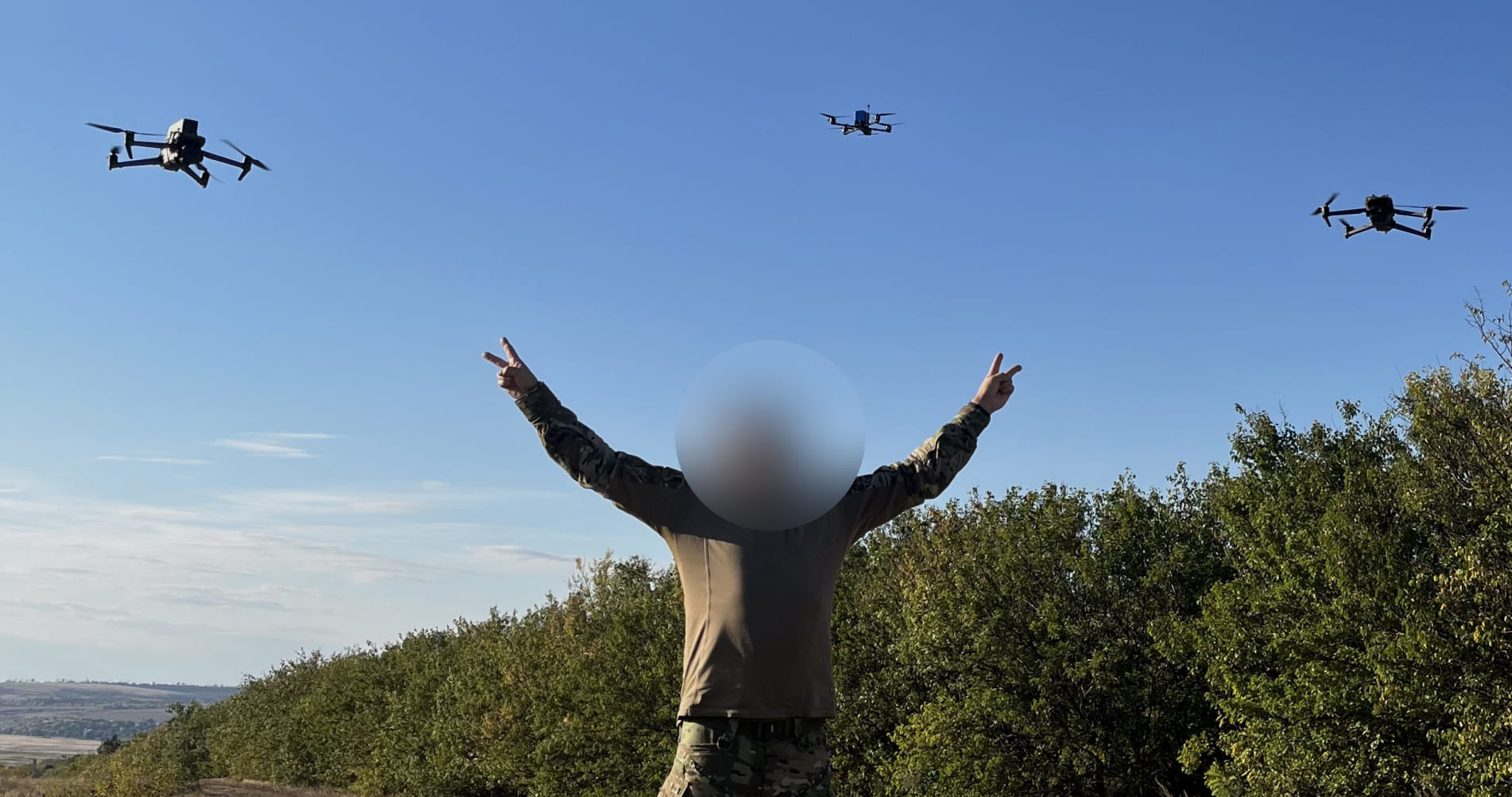Mykhailo is a war veteran and a graduate of one of Dignitas’ training programs. Today he’s in rehabilitation in Lviv, getting used to his new prosthetic, staying active through sports, and still visiting the Flight to Recovery classroom – even though he completed the civilian drone course a few months ago.
His story is one of strength, discipline, and belief in the future – and it’s impossible not to be inspired. We’re sharing an honest conversation about sports, technology, and the military experience that changes everything.
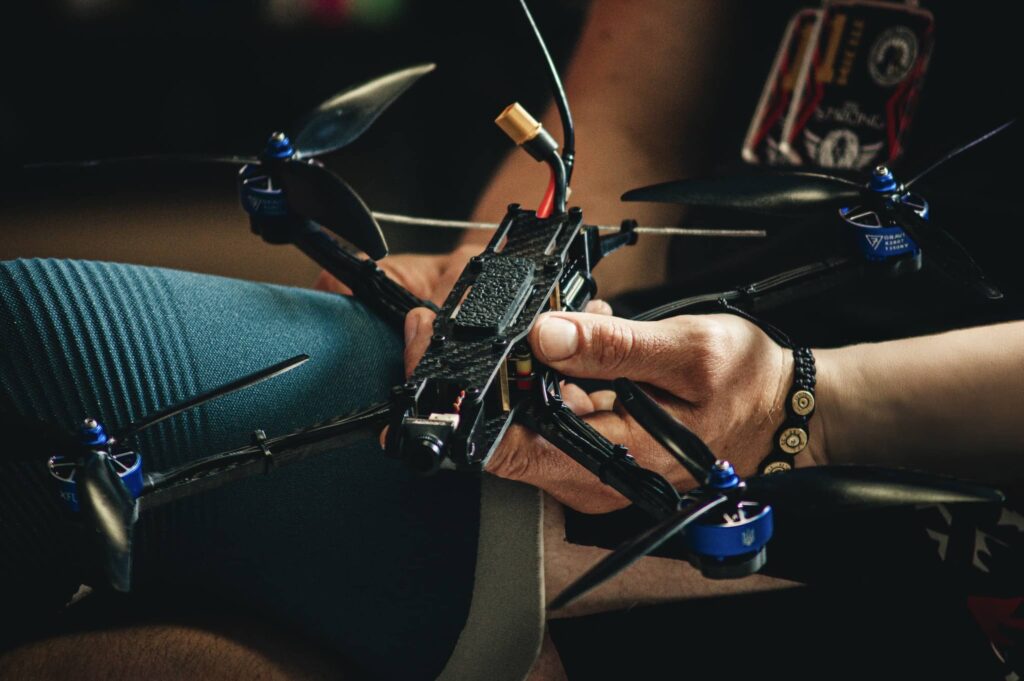
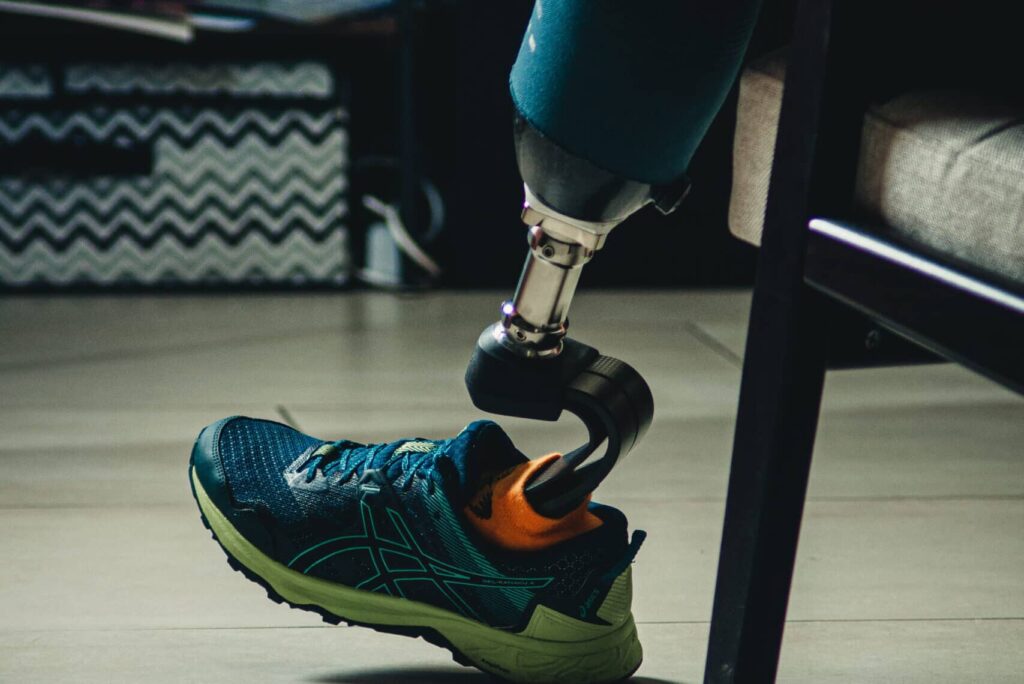
Mykhailo’s first soldering skills came in childhood, when he and his father would build little tin boats with lights and set them afloat. In his small hometown in Vinnytsia region, such homemade toys were rare, and he quickly became a “star” among the local kids. As a teenager, he joined an aircraft modeling club.
Later, life took him into sports. He earned a degree in physical education, competed in tournaments, and eventually became a coach. By the time of the full-scale invasion, Mykhailo was running his own martial arts club for kids. “It was more than just a gym – it was family,” he says.
When the invasion began, his gym – located in a basement – became a shelter for his family and friends who had fled from the north and east of Ukraine. But soon, once the city felt safer, the children’s parents asked him to reopen. Everyone agreed: the kids desperately needed the physical activity to cope with the stress.
That’s when Mykhailo made the decision to mobilize.
“It was late March, early April. I knew I had to go. My friends were joining en masse. But two things weighed on me: leaving my comfort zone and leaving the gym, my life’s work. If I left, the club could collapse. That thought was painful.”
Luckily, one of his former students agreed to take over coaching and management. With that resolved, Mykhailo joined the army.
His military experience had only been limited service years before, but since he held a license to drive large vehicles, he was assigned to logistics in the infantry. After basic training, he was sent to the front in just three months.
That’s where he first encountered drones. Hearing stories from fellow soldiers in UAV units fascinated him. His curiosity led him to take an online course through Victory Drones. Soon after, he went through practical training and became a reconnaissance drone operator, later moving on to strike drones.
He served as a drone pilot until late 2024, when he was wounded by a landmine. “After I stepped on it, the medic rushed to apply a tourniquet. I couldn’t do it myself – the backpack was in the way. Panic, trembling hands – it was tough. The medic helped, and then we saw another mine just inches from my head.”
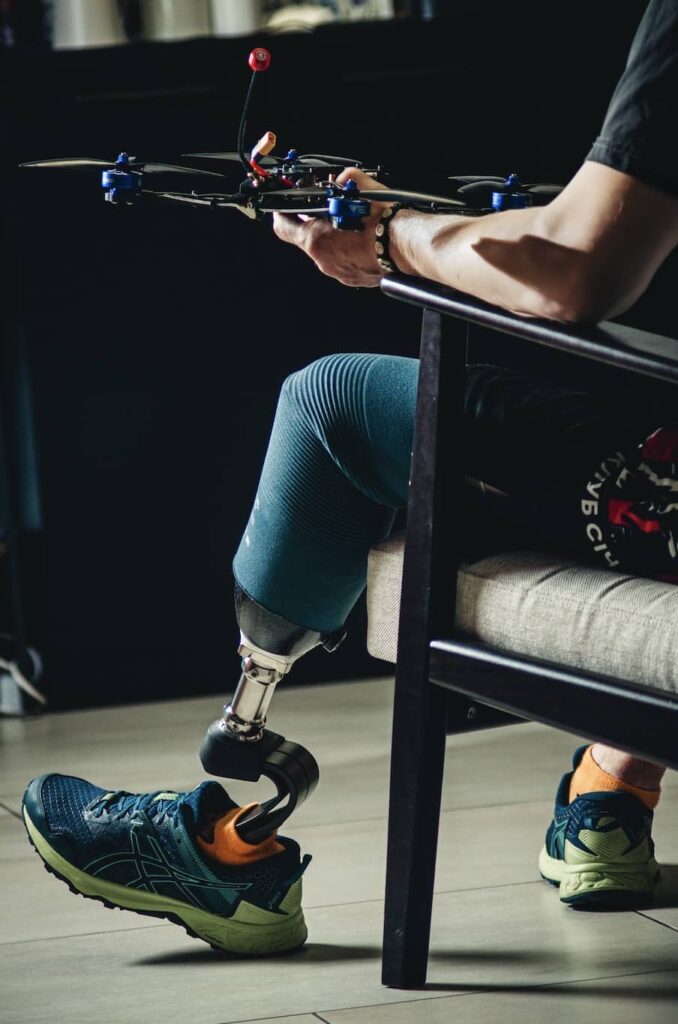
He survived, but lost his leg. His military service was over.
Rehabilitation brought him to a hospital in Lviv, far from home, but the distance allowed him to focus on recovery. “I needed to reset and figure out how to live with a new body,” he recalls.
Sports remained central. He discovered archery, quickly excelling and winning several national championships, even considering a future with Ukraine’s Paralympic team.
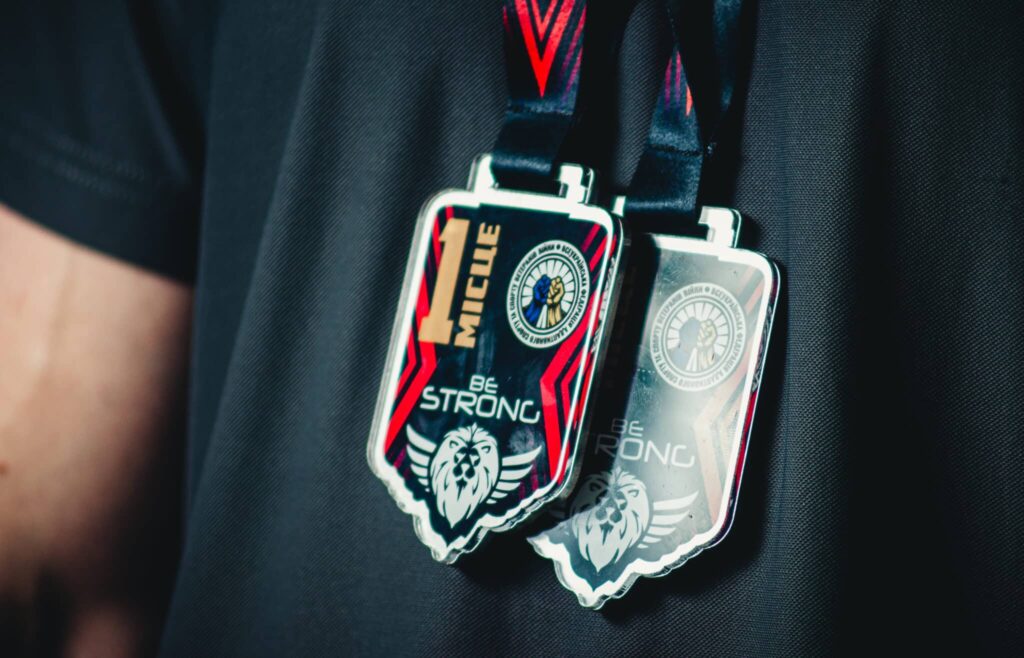
When he heard about the Flight to Recovery course, which trains veterans on civilian drones, he jumped at the chance. With his flying experience, he wanted to dig deeper into drone engineering and design. “Technology is the future,” he says. “We need to study it and find new ways to use it.”
His favorite part was building. “Assembling something whole from many small pieces is therapeutic,” he explains. He believes the course is especially valuable for veterans in rehab – helping them learn, focus, and find relief from pain and difficult memories.
Looking ahead, Mykhailo wants to pass on his knowledge to his students. His mission has always been bigger than martial arts – he aims to raise strong, responsible citizens, organizing charity projects and community programs. Now, with technology becoming part of everyday life, he plans to integrate drones and engineering into his center. “Times change, and so does learning,” he says.
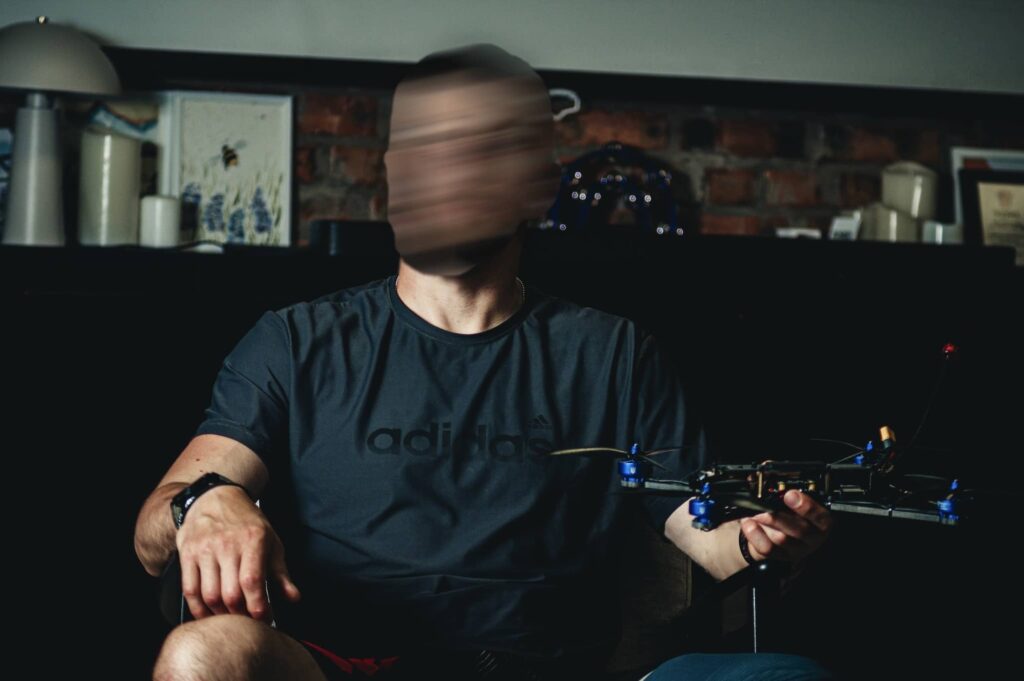
We thank our veterans for their service – and we remain by their side on the road to recovery.
